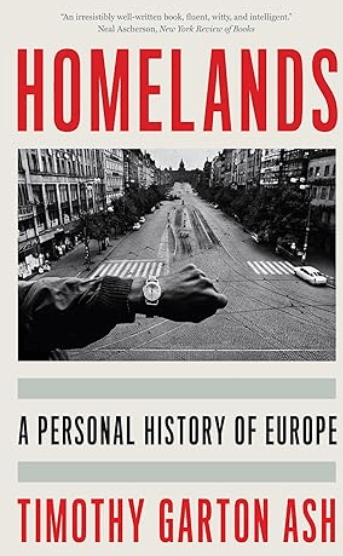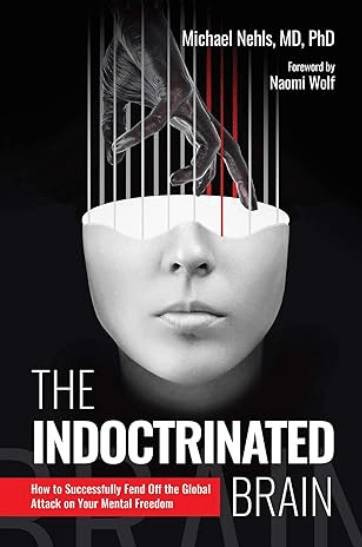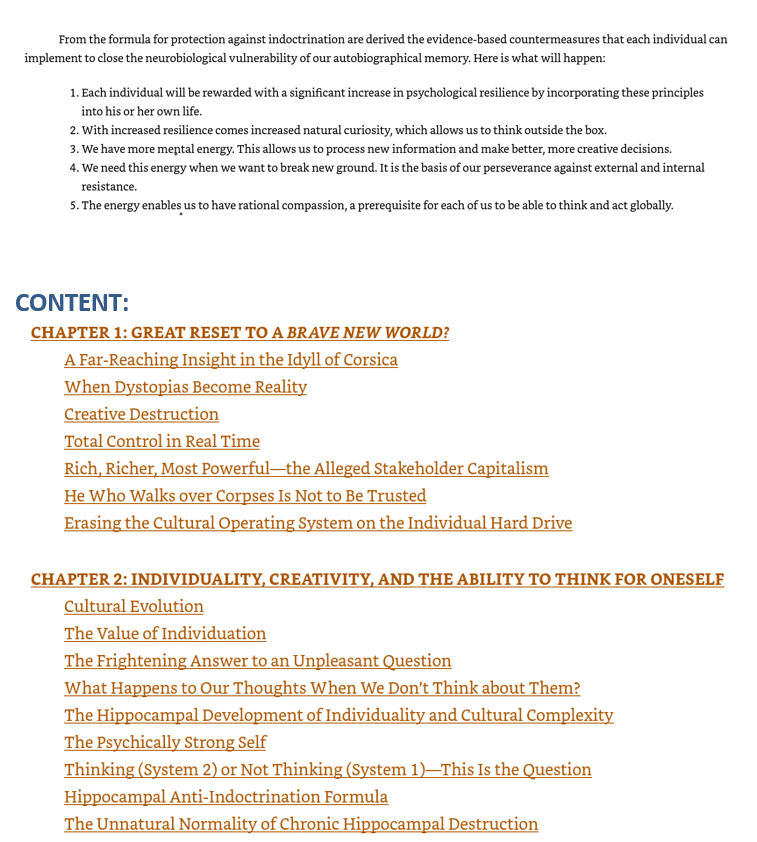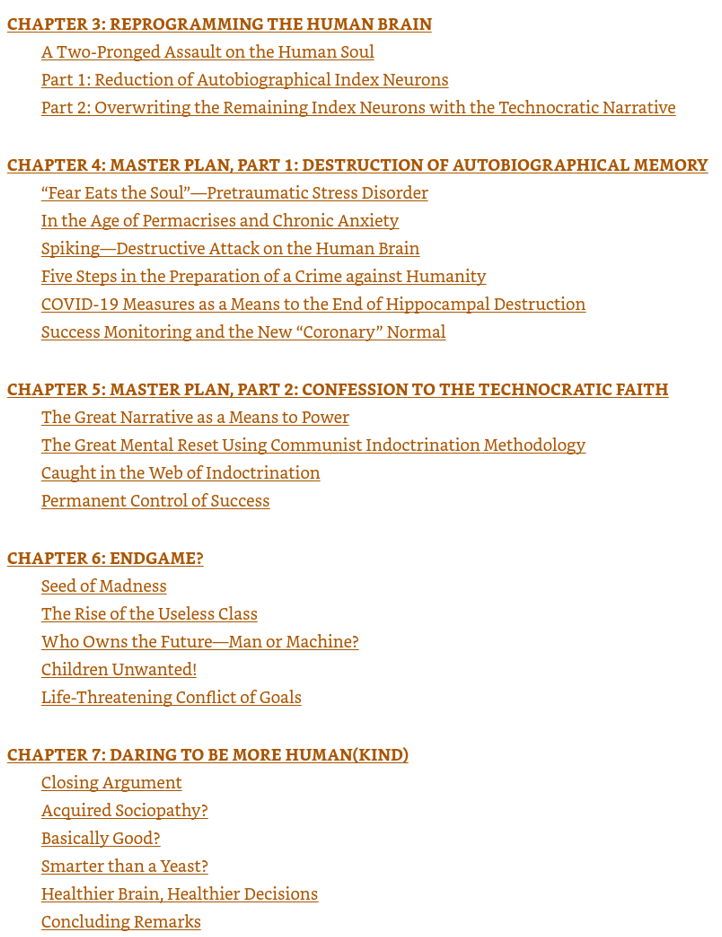20240428 – Homelands

MAIN IDEA:
This is a book on European history after the end of WWII. It covers the Cold War with its division into West and East, traced via a narrative about people’s lives on both sides of the Iron Curtain. It also covers the dissolution of the East, sometimes with its peaceful divisions, such as in Czechoslovakia, and, at other times, with violent divisions, such as Yugoslavia. It also covers the process of European Unification into a quasi-federal state of the EU and the later disappointment that resulted in Brexit. It ends with the current state of affairs when the Semi-democratic West has to face invasion by invitation by the fundamentalist Islamic population from failed states frozen in medieval intellectual milieu, seeking to destroy Western civilization and substitute it with an Islamic caliphate and the invasion from outside by revanchist Russia seeking to restore the great Russian empire and make it the dominant force in Europe. A little bit further is lurking another revanchist power – China that is seeking to restore the proper order of the world, which in the minds of Chinese leaders is the absolute dominance of China with everybody else happily accepting the roles of vassals. The author, being a moderate leftist, seems to be unhappy with these developments, but he is also quite scared by the growing resistance to the destruction of the West that comes mainly from the right. The author ends with the description of his encounter with a representative of such right in Normandy and how he managed to bring it to this semi-happy conclusion:” Finally, after long resistance, he yields, raising his last glass with a half-reluctant, half-cheerful shrug. ‘L’Europe!’”

MY TAKE ON IT:
This book is a good illustration of how we all live now in
“Interesting Time.” I believe that we
are now in the process of restructuring society, brought about by technological
developments that, for all practical purposes, eliminate barriers between
countries, cultures, and individuals. These barriers limited the exchange of
goods, services, cultural artifacts, and ideas. Still, they provided security
to all these entities, from reliable, clearly defined territory and homogeneity
of the population for countries to privacy and secure place within society for
individuals. This will all be gone within 50 to 100 years, and a unified
society will be created covering all humans worldwide. The question is whether
it will be a top-down hierarchical society with a rigid elite controlling
everything and everybody via AI technology or it will be a flexible network in
which individuals are in possession of sufficient resources to conduct their
lives any way they want it combined with the cultural and organizational environment
in which any attempt to establish dominance and control over other people’s
lives would be immediately suppressed either by soft methods like cultural
pressure or by violent methods. I believe that in the long run, the second
outcome is much more probable for two reasons. The first one is that it is much
more appropriate for human nature as it formed over the previous 200,000 years
when humans were hunter-gatherers and maintained their societies in such mode.
The second one is that any hierarchy with a rigid elite at the top inevitably
causes individuals to fight each other for power and control, causing all the
entertaining staff of history with its kings, barons, general secretaries,
presidents, and CEOs. In addition to entertainment, it also creates misery for
all, including members of the elite, making the system unstable overall. We
certainly could move directly to the global equivalent of the hunter-gatherer
community of generally happy people right away using emerging technology, but I
doubt that this would happen. Humanity possesses an uncanny ability to do everything
right, but only after it tries everything else, so I expect lots of misery to
occur during this trying.
20240421 – Coup dÉtat

MAIN IDEA:
This is a very detailed manual on how to conduct a coup. It describes everything required to conduct a successful coup, from the political conditions of society that make a coup possible to the psychological preparation of participants and even tactical recommendations on force allocation and the sequence of objectives. It also provides very good statistical data about this form of political activity. Here is the table describing the overall results over the last historical period:

MY TAKE ON IT:
This book was first published in 1968 when coups were quite
common and in a very old-fashioned way: as military action. The author
correctly identifies preconditions for the coup:” The social and economic
conditions of the target country must be such as to confine political
participation to a small fraction of the population.” It seems to me that such
preconditions have become increasingly improbable because of widespread social
media and the availability of multichannel communications with high levels of redundancy.
There has also been a massive change in the requirements for legitimacy, which
now often includes at least some form of popular vote, whether real or
falsified. In short, the change of people in power is becoming much more dependent
on the manipulation of the political opinions of the population than on the
support of a small group of military men in the capital of a country. A
contemporary coup requires the ability to organize mass demonstrations in its
support, which then transferred into taking political power away from previous
rulers via some emergency election, however faked, rather than just getting a
small military detachment to arrest these previous rulers. With the world being
currently in turmoil unseen since the wave of dissolution of the communist
system in Europe, we’ll probably have the opportunity to see how the new,
qualitatively different generation of coups happens in the near future.
20240414 -The Square and the Tower

MAIN IDEA:
This book is about the history of parallel development of two methods of organization used by human societies and their interaction. Here is the author’s statement of the purpose:” This book is about the past more than it is about the future; or, to be precise, it is a book that seeks to learn about the future mainly by studying the past, rather than engaging in flights of fancy or the casual projection forward of recent trends. There are those (not least in Silicon Valley) who doubt that history has much to teach them at a time of such rapid technological innovation. Indeed, much of the debate I have just summarized presupposes that social networks are a new phenomenon and that there is something unprecedented about their present-day ubiquity. This is wrong. Even as we talk incessantly about them, the reality is that most of us have only a very limited understanding of how networks function, and almost no knowledge of where they came from. We largely overlook how widespread they are in the natural world, what a key role they have played in our evolution as a species, and how integral a part of the human past they have been. As a result, we tend to underestimate the importance of networks in the past, and to assume erroneously that history can have nothing to teach us on this subject.”

MY TAKE ON IT:
I think both methods, networks, and hierarchies, are necessary components of human existence, always intertwined and codeveloped. However, they always have different weights and impacts on the conditions of human societies depending on the phase of human development we are looking at. Judging by what we know about great apes that had developed from a common ancestor some 4 million years ago in parallel with humans such as chimpanzees, we started with small hierarchical bands based on individual physical power and psychological aggressiveness. Chimpanzees are still there, maintaining hierarchy as the dominant method of organization. Humans, however, moved in a different direction by developing language and more complex brain structures that allowed for a high level of cooperation in hunting, mutual help, and building conspiracies to overthrow whatever megalomaniac attempted to build a hierarchy with self at the top. Over the period of tens of thousands of years, this produced highly egalitarian hunting-gathering societies of people with genotypical and phenotypical features that made them strive to obtain the optimal ratio between being a part of a network of cooperating individuals adjusting to each other needs and free agents taking care about one’s own needs. Then we had about 20,000 years of hiatus in the equality mode when human expansion all over the world forced transfer to militaristic/agrarian societies in which fights for territories and suppression of opposition made hierarchy the most appropriate form of society for individual survival, even if it more often than meant live in misery. Now, with the new technologies of resource acquisition and networking, stabilization of population, and soon disappearance of the need to work for a living, humanity could minimize the need for hierarchies and all this violence and coercion that are inevitable features of hierarchy. This process is not simple and will probably take a few decades, but I believe we will eventually get there.
20240407 – The Indoctrinated Brain

MAIN IDEA:
The author is a German neuroscientist specializing in processes related to brain changes due to environment and aging and reviews recent events such as the COVID-19 pandemic. He concludes that these events, when the normal functioning of democracy was dramatically disrupted, are not random but rather part of the quite open process of changing the existing political and economic systems of the Western democracies to the new one characterized by complete dominance over society by the global technocracy: something represented by “Davos people.” Here is the author’s description of how it works using the example of vaccination based on the assumption that a natural immune system cannot handle the COVID-19 virus:” The proclaimed need to be vaccinated against it every three to six months was ultimately based on this false assumption. In the case of this pathogen, however, this meant that for the first time a largely experimental injection was being administered, the mode of action of which is in many cases similar to that of gene therapy (i.e., involving modified active genetic material). This was made palatable to people by a combination of media-generated fear of death (with the key word self-protection) and ethically sanctioned social pressure (protection of others). Thus, this lifelong injection subscription also fulfills the definition of psychosocial dependency, with the ministries of health worldwide having increased their influence on individual lifestyles and pharmaceutical companies having made high profits.”
The author refers to other works that describe the process of people’s indoctrination and then links it to his area of expertise:” An entirely new approach to explaining the increasing controllability of society and the astonishing response of little resistance emerges from this neurological insight. It goes far beyond the sociopsychological approach formulated by Desmet and, in a sense, forms its neuropathological basis. This profound explanation is, however, highly dramatic, for it will take much more than psychological insight and a change of mentality to halt or reverse this dangerous development. Trapped in zombie mode, it is impossible for victims to question their own precarious situation. Natural curiosity or interest in alternative explanations and courses of action is lost, opening the door to indoctrination. The underlying neuropathological process leads to a decrease in psychological resilience. The result is not only an increased fear of anything new but also a particular susceptibility to being controlled by fear.”
In the final chapter, the author presents the closing argument detailing a to-do list for achieving a “Healthier Brain, Healthier Decisions.” He also promises a nice result from implementing it:


MY TAKE ON IT:
I generally do not believe in any conspiracy theories, not because there are no conspiracies, but because the functioning of human societies is way too complicated for conspiracies to be functional. More often than not, great changes in societies, as well as in technology, happen unexpectedly as a result of long undercurrent development that conditions a small number of activists to capture a momentary disturbance of the system and move it to a qualitatively different state. At the same time, the vast majority of people remain passive, whether they support it or not. Such qualitative change could be for the best, as it happened with the Enlightenment and the Industrial Revolution, which led to prosperity and a huge improvement in quality of life, but it can also happen as it did with Fascism and Communism for the worst, which led to a massive decrease in quality of life and termination of millions of lives.
I think that humanity is at a crossroads now, with one road leading to an attempt to establish a dictatorship of a global elite and another one leading to the massive expansion of individual property rights to everybody. Either of these roads will
substitute the current method of resource generation and distribution based on control over most of the resources by the minority of members of the bureaucratic hierarchy of government and/or corporations and on the labor-based resource allocation for the majority. It will inevitably happen because technology makes all labor increasingly redundant, with make-believe jobs being a non-viable substitute due to the evolutionary-formed human psychology.
I also think that the road to complete dominance of bureaucratic hierarchy is a dead end because top members of the elite will always fight each other for power, causing pain and suffering for all in the process. So, eventually, humanity will come to an arrangement when everybody has property rights sufficient to obtain necessary resources via voluntary exchange, and the scale, role, and power of elite bureaucracy will be diminished to the absolute minimum required to maintain law and order.
